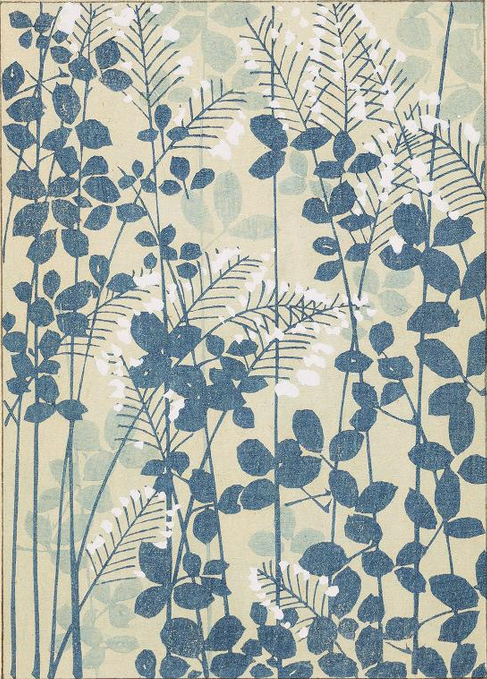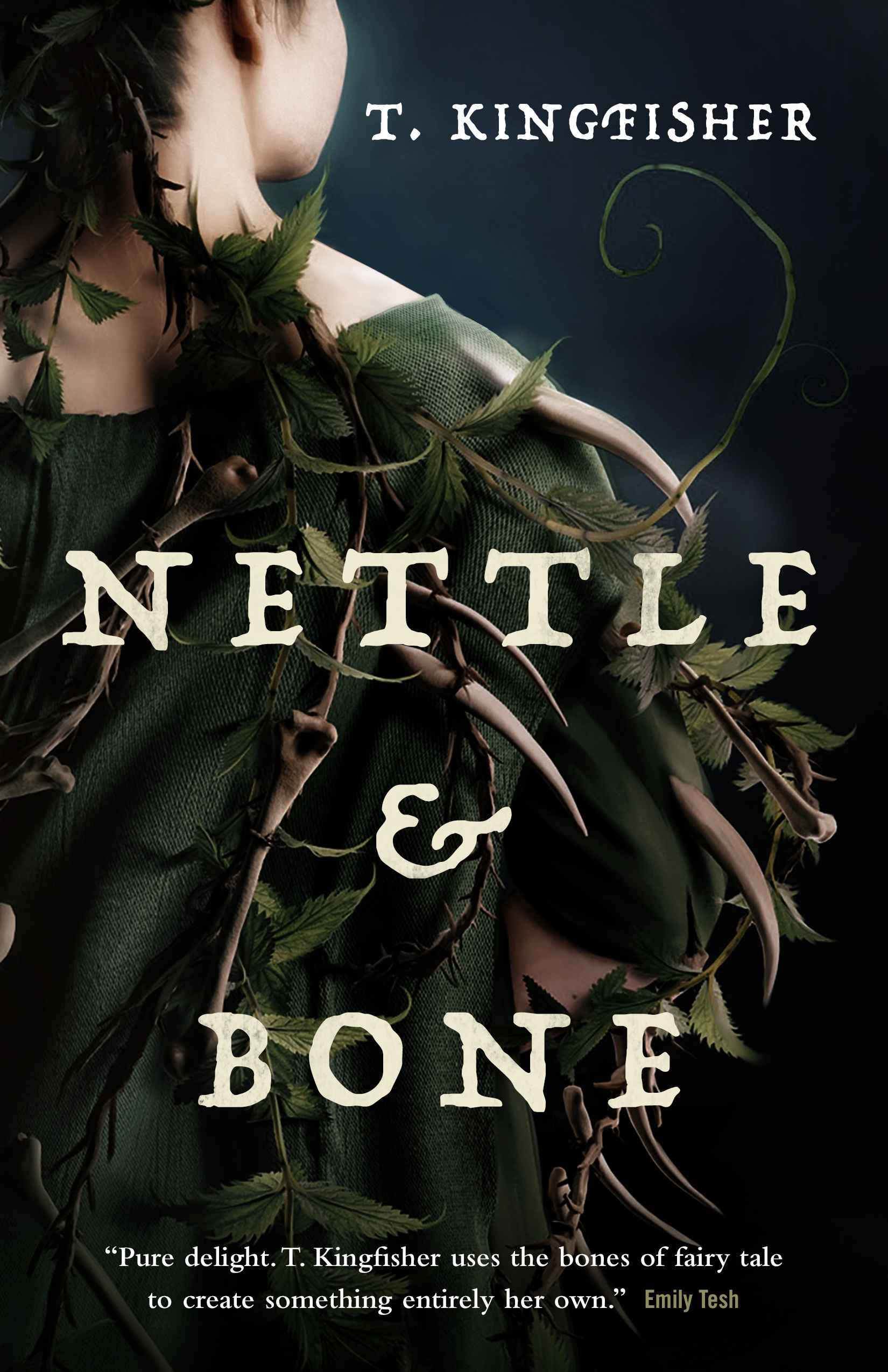You know, I think that at this point, I will have to dedicate myself to making a collection of T. Kingfisher’s books. I have read Digger (and I have just borrowed it from the library to read again), I have read Thornhedge, and now I have read Nettle and Bone.
I have to say that the leads of these books are painfully relatable. Oftentimes I see not just my strengths but my flaws, but those flaws do not stop the protagonist and I suppose that despite it slowing me down I can keep trying.
I feel like this is a poignant book for the time. Normal people, people who are often in small, forgotten places, or are small, forgotten people— they still hold some power. Put them together and they can still do the seemingly impossible.
And sometimes the means to do the seemingly impossible is a handful of things that are certainly possible. Normal in a way, something perhaps anyone could do, but they didn’t, and it still needs doing. An ordinary motivation and ordinary selfishness can drive one to do a great load of good. It doesn’t have to be for the good of everyone.
It could be just because you are scared for your sister, and scared for yourself, and so you take the first step. And then the next. And despite yourself, keep going.
Here are some lines I liked:

“…and the history of the world was written in women’s wombs and women’s blood and she would never be allowed to change it.”


Honestly, I got so engrossed in the book that it was all I could think about. It happens at times. Annotations simply stop because the reading is so smooth and I become so entangled I can’t pull away or else lose my stride.
Really, it’s a good thing. I read it and read it and read it and when I’m done I mull it over for some time.
For instance: I find the men in Kingfisher’s stories hold some ungodly charm to them. Okay, hold on. Not every man indiscriminately. There is always a wariness about men, yes, but then there are truly good, kind men who are humble, and work hard, and give comfort in a way that tickles the heart. It’s not a giggling romance that slides in, but a natural feeling conclusion of closeness and intimacy.
It feels lovely. The romance blooms amidst the problems and just. Woof.
In the acknowledgements, Kingfisher wrote this was something like a Little Red Riding Hood. And then I laughed because, it is, and it isn’t. Yes, it has the bones, but it’s far different.
Finally: the dust-wife and Agnes are totally gay, and are going to live together forever.


